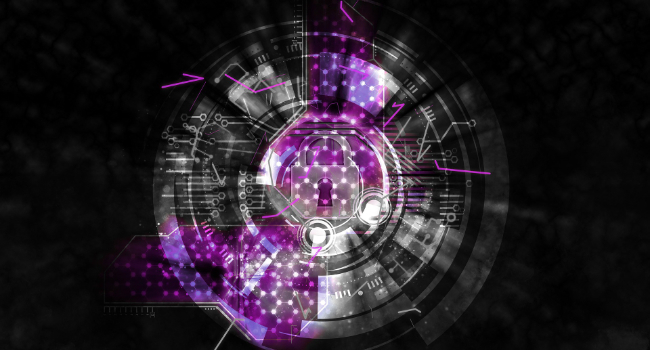
Expanding Safety-Sensitive Roles to Address Cyberattacks
The potential of a cyberattack is one of the most significant threats to businesses across all industries. The increasing sophistication and complexity of these attacks can often go unnoticed, causing widespread damages and disruptions internally and externally to any of its vendors or partners. In fact, according to recent data from Verizon’s Data Breach Investigations Report, ransomware accounted for 25% of all breaches in 2021—continuing its upward trend.
Risks of cyberattacks aren’t just limited to enterprise-sized companies; small and midsize business leaders are also prime targets for cyber attackers. To reduce threats that will interrupt business continuity, organizations can take several preventive measures to mitigate internal threats that leave them vulnerable. To reduce cybersecurity risks, here are a few best practices for organizations:
Ensure recent software updates occur. Developers constantly update their software to bring users the latest features and remedy security flaws hackers can exploit. Setting up employees’ operating systems or applications to update automatically can lessen an organization’s exposure.
Back up sensitive data. Having backup copies of the company’s or customers’ information is imperative and can guard against unforeseen catastrophes, not just cyberattacks. At least one of these copies should be stored offline and disconnected from your network, and inaccessible from the internet. Periodically test the backup to ensure its data can be recovered flawlessly.
Develop comprehensive cyber education and risk policies. The users of your information technology, including employees, are often the weakest point of your security – unless they are educated and made aware of the threats. For example, the strategy should include users choosing strong passwords and prohibiting the reuse of passwords across multiple accounts. The reuse of passwords is common and results in attacks referred to as credential stuffing attacks. A compromised password from one account is used on various other systems hoping that the user did not use unique passwords.
Companies should also reexamine their definition of safety as an added cybersecurity risk measure to include any risk that can hinder organizations' ability to operate and ultimately disrupt business continuity.
Redefining Your Company's Definition of Safety-Sensitive Skills
Traditionally, there is the temptation to limit drug testing to candidates and employees in positions associated with high physical risk or post-incident – but what about other risk-sensitive situations?
A reported 82% of breaches organizations experienced resulted from the human element, including phishing, misuse, human error, or stolen credentials. And although many employees are vigilant about deleting suspicious emails, working under the influence can reduce alertness, creating unnecessary vulnerabilities for organizations.
In addition to training employees to identify potential hazards and strengthening policies, organizations can further reduce risks by deterring substance use during work hours. One way to think about this is that no company expects an employee, remote or on-site, to put alcohol in their drink while on the clock and work under the influence all day. So why should the use of other substances be any different?
As cyber attackers continue to develop new malicious techniques and strategies, it is mission-critical to ensure employees are alert and using their best judgment. Beyond ensuring workers performing manual tasks aren’t creating hazardous situations, organizations need to have an effective substance policy to deter and reduce the chances of cyberattacks successfully penetrating the first line of defense – a company’s employees.
About the Author
Don Boian is the Chief Information Security Officer at Hound Labs, Inc., creator of ultra-sensitive, portable cannabis breathalyzer technology. He worked at the National Security Agency for 30 years on defensive and offensive cyber operations and most recently served as CISO for a large regional bank.